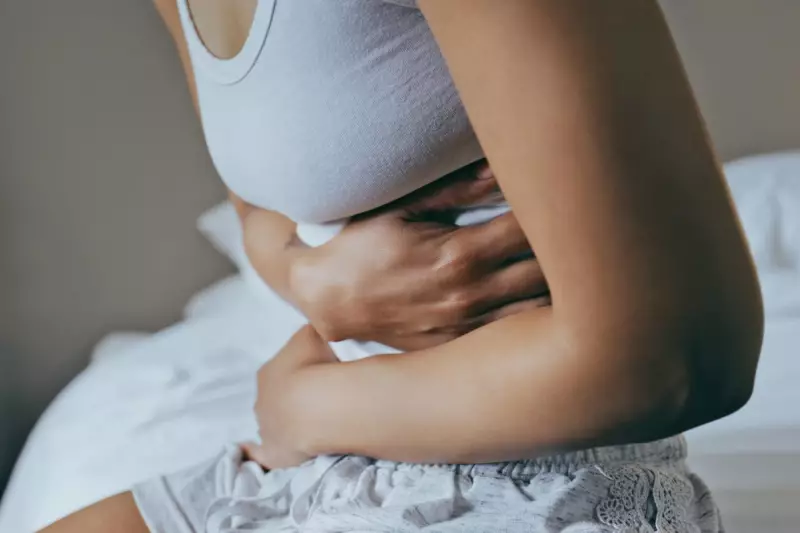
Women recovering from COVID-19 are reporting a previously overlooked consequence of the virus: significant and often distressing changes to their menstrual cycles. New research from the UK is now beginning to validate these personal accounts, shedding light on Long Covid's profound impact on gynaecological health.
The Findings: A Pattern of Disruption
A comprehensive study has identified a clear trend among those who have had COVID-19. Participants reported a range of menstrual disruptions, including:
- Heavier than usual bleeding during periods
- Worsened premenstrual syndrome (PMS) symptoms
- Noticing changes in the regularity and duration of their cycle
- Experiencing unusual clotting
For many, these changes persisted long after the initial infection had passed, adding to the complex burden of Long Covid.
Beyond Anecdotes: The Call for Rigorous Research
While anecdotal reports of period changes have circulated since the pandemic's early days, this study represents a crucial step towards formal scientific recognition. Researchers emphasise that these symptoms are not 'all in one's head' but are likely a physical manifestation of the virus's impact on the body's systems.
The inflammatory nature of COVID-19 is thought to be a key culprit, potentially disrupting the delicate hormonal balance that governs the menstrual cycle. The stress of battling a prolonged illness can also play a significant role in these physiological changes.
The Impact on Daily Life and Health
For those affected, these symptoms are more than a minor inconvenience. They can lead to:
- Increased anxiety and concern about underlying health issues.
- Physical discomfort and pain that disrupts daily activities.
- Additional financial strain due to the need for more sanitary products.
This hidden aspect of Long Covid underscores the urgent need for healthcare providers to broaden their understanding of the condition and provide comprehensive care that addresses women's specific health needs.
A Crucial Step Forward
This research marks a pivotal moment in understanding the full spectrum of Long Covid. By acknowledging and investigating these gynaecological symptoms, the medical community can move towards better support, validation, and treatment for the thousands of women navigating this challenging aspect of post-COVID recovery.
If you are experiencing persistent changes to your menstrual cycle after COVID-19, it is recommended to consult with a healthcare professional.





